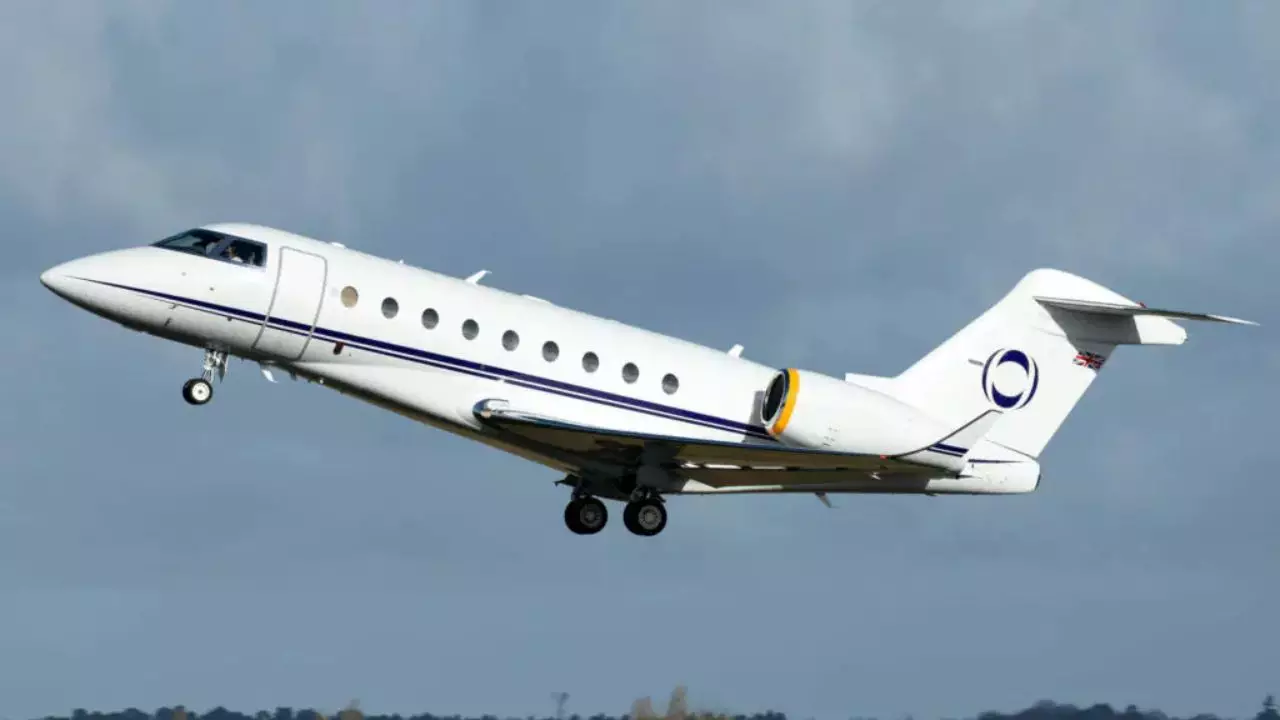A research published by the journal Communications Earth & Environment reveals that carbon emissions caused by private jet travel increased by 46% between 2019 and 2023.
Without regulation, this trend will continue to grow.
Impact of Private Aviation
Private jets, a preferred means of transportation for the rich and famous, are responsible for 15.6 million tons of CO2 emissions in 2023.
Although they account for less than 2% of total commercial aviation emissions, emissions per passenger are significantly higher than in commercial flights.
Usage and Flight Patterns
The study, based on data from 18.7 million charter flights between 2019 and 2023, found that approximately half of these trips were less than 500 kilometers, and many were empty.
Most private jets are based in the United States, with passengers having an average net worth of $123 million.

Associations with Events and Seasonal Use
Private jet traffic increases during major events such as the Super Bowl, the World Economic Forum in Davos, and climate summits. There is also a seasonal trend with peaks in summer in luxury destinations such as Ibiza and Nice.
Need for Regulation
The private jet fleet is expected to grow by a third by 2033, increasing its importance as a source of CO2 emissions. Given the limited use of sustainable fuels, regulating the sector will be necessary.
Private air transport poses a political challenge, as regulators are reluctant to focus on the rich and powerful.
Do you already know our YouTube channel? Subscribe!

